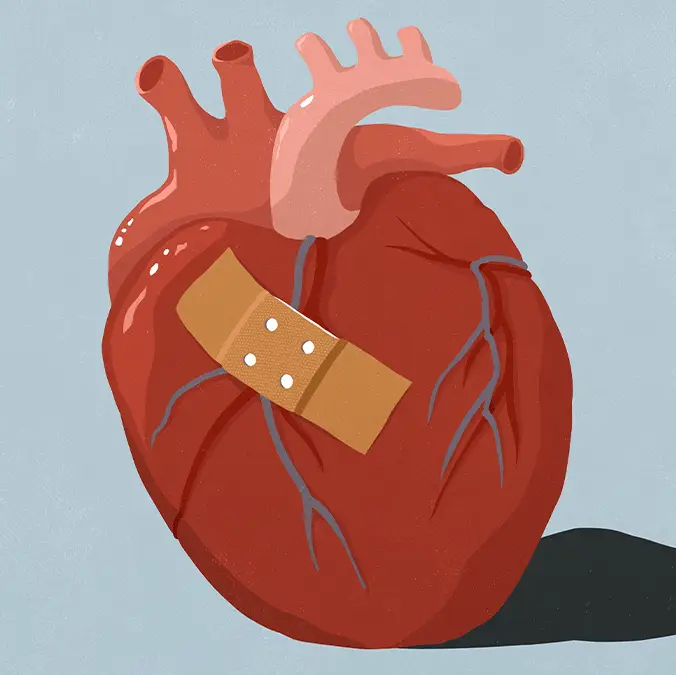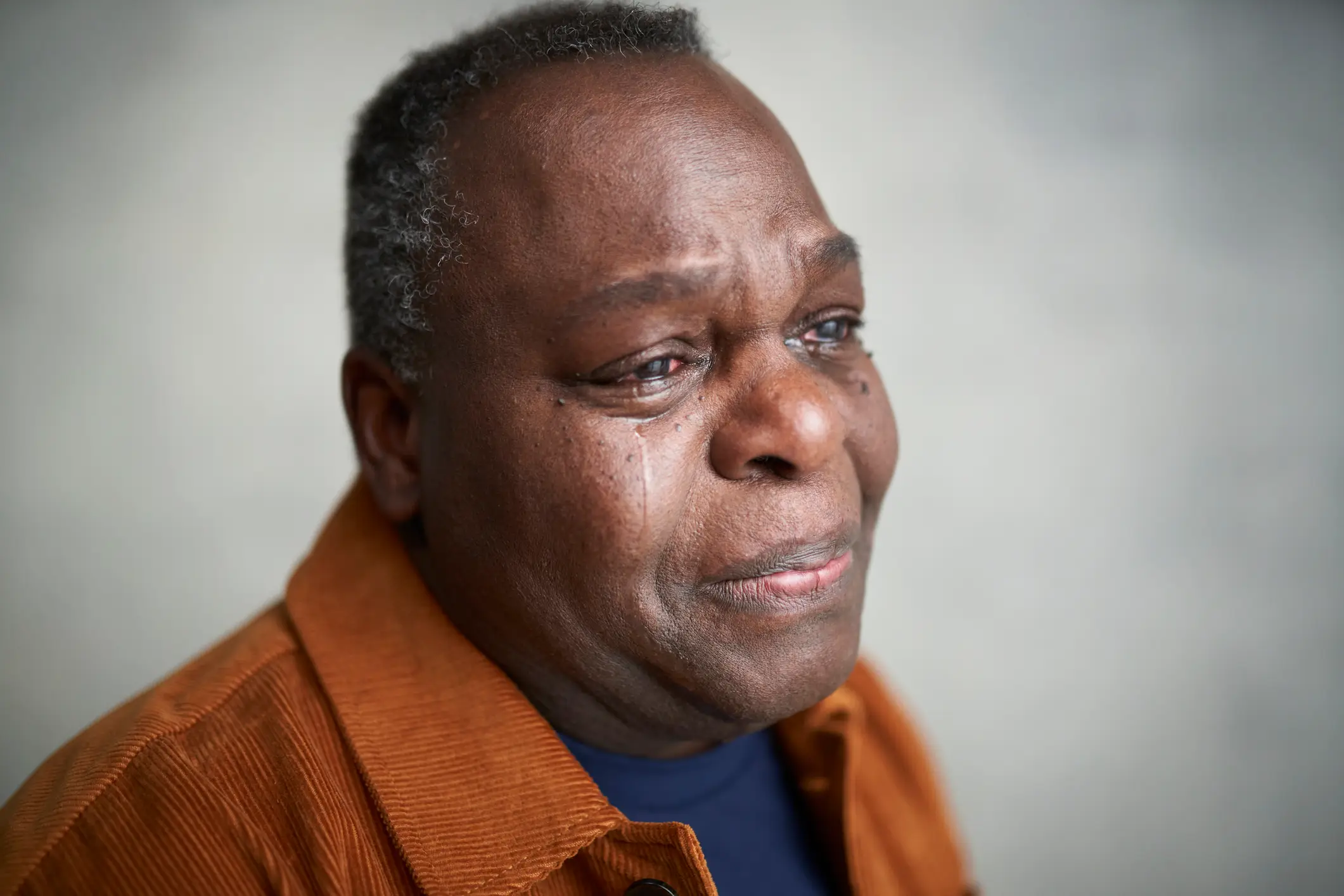
Dying from a broken heart is something that health experts actually recognize, as the emotional toll can cause devastating physical conditions in the wrong circumstances, surprisingly affecting one gender more than any other.
Experiencing a break up, divorce, or the death of a partner can understandably be a horrible thing to go through, but scientists have now linked the feeling of heartbreak to life-threatening health dangers.
You're likely to feeling the stress and emotional pain of losing a partner, and this can manifest in your physical body, especially if you already have existing heart conditions that would accelerate the dangers significantly.
As reported by the New York Post, a study published in the Journal of the American Heart Association clearly outlines the dangers and health impact of losing someone you love, and the feeling has even got its own scientific name - takotsubo cardiomyopathy.
Advert

The study followed just under 200,000 individuals over the age of 18 who had been diagnosed with takotsubo cardiomyopathy between the years of 2016 and 2020, and discovered some fascinating trends.
Women within the study have a much higher chance of having takotsubo cardiomyopathy, encompassing 83% of the total participants, but a staggering outcome was revealed when looking at the mortality rates.
Despite having a far lower number of individuals diagnosed with a broken heart, men suffered a significantly higher mortality rate of 11.2%, compared to the 5.5% of women. This appeared to indicate that while it takes more for men to shows the signs of the health condition, once they have it they are unfortunately far more likely to die as a result.
Understandably, incidence rates are far higher the older that you get, with individuals aged 61 and over suffering the highest percentage within the study, and part of that could also be linked to the increased likelihood of losing a romantic partner as you grow older.
Additionally, it was discovered that women are more likely to experience the emotional symptoms of heartbreak, whereas men more commonly suffer the physical side which obviously also links to the higher death rate.
Speaking to NBC News, cardiologist Dr Ilan Wittstein echoed this point, outlining: "Men may be more at risk for dying and having bad outcomes because they're less susceptable to begin with, so it takes a more dangerous trigger to precipitate the syndrome."

As mentioned, individuals with existing heart conditions, high blood pressure, or high cholesterol are more susceptible to the dangers of a broken heart, and worryingly there are currently no specific treatments to alleviate the dangers when it occurs.
Fundamentally the most important thing you can do is avoid any issues with your heart beforehand, and attempt to manage your stress levels when the heartbreak occurs - although that's obvious far easier said than done.
Concluding the study, researchers remain frustrated that "there has been no improvement in any of the complications of interest throughout the years of the study," adding that "further research on the management and improvement in the care of these patients is warranted."
